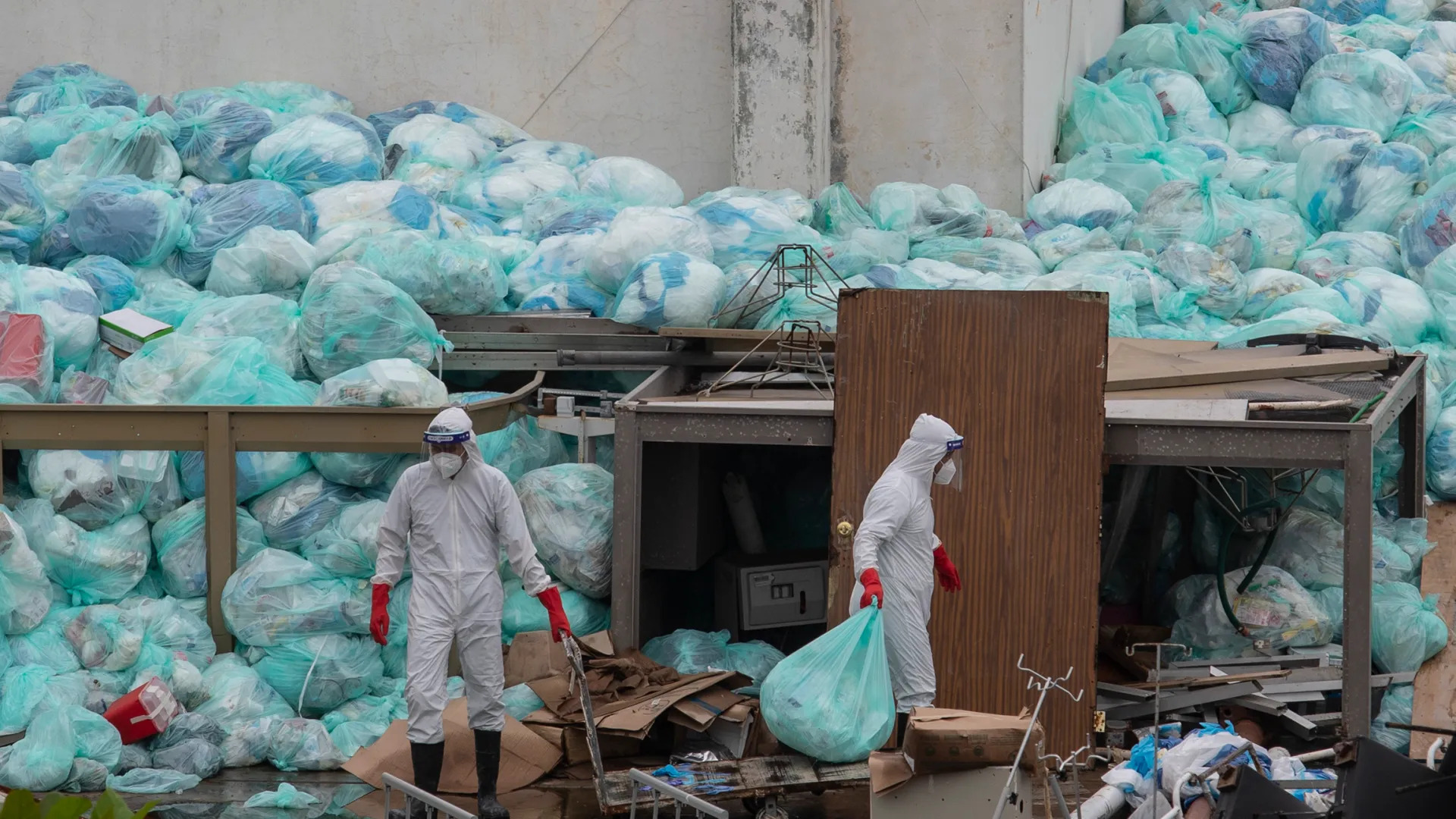66/11, Sector-6, Pratap Nagar, Jaipur

66/11, Sector-6, Pratap Nagar, Jaipur
Mon - Sat 9:00 am to 6:00 pm

Medical waste collection services are specialized waste management solutions designed to handle and dispose of waste generated by healthcare facilities, including hospitals, clinics, and laboratories. This type of waste includes a wide range of materials, such as contaminated sharps (needles and blades), infectious waste (biohazards), pharmaceuticals, and chemical waste.
The primary benefit of medical waste collection services is the protection of public health and safety. Proper management of medical waste minimizes the risk of infections, contamination, and injury to healthcare workers, patients, and the community. These services ensure that hazardous materials are securely collected, transported, and disposed of according to stringent regulations and standards.

Medical waste collection services offer several critical benefits for healthcare facilities and public health
These services ensure that medical waste, including sharps, infectious materials, and hazardous substances, is handled and disposed of properly. This reduces the risk of infections, needle-stick injuries, and exposure to harmful substances for healthcare workers, patients, and the community.
Medical waste is subject to strict regulations and guidelines to prevent environmental contamination and health risks. Specialized collection services help healthcare facilities comply with regulations from agencies like OSHA, the CDC, and local health departments, avoiding potential fines and legal issues.
Proper disposal of medical waste helps prevent environmental contamination. Medical waste collection services often include safe treatment methods, such as autoclaving or incineration, that mitigate the impact on the environment and reduce the risk of pollution.